TPS Micro-credentials
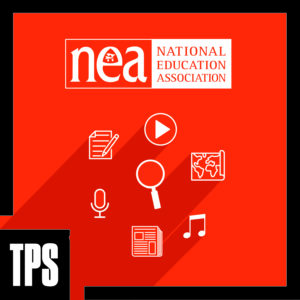
In a partnership with the National Education Association and thanks to the Library of Congress Teaching with Primary Sources TPS program grant, Citizen U has developed a new series of micro-credentials. This professional learning offering aims to help educators better integrate inquiry learning with primary sources into instruction across grades and disciplines using a variety of frameworks and strategies. This professional learning opportunity is asynchronous and can be completed on your own time.
The TPS micro-credentials are free for NEA members and $75 for non-members. School districts interested in enrolling a large group of educators consisting of some or all non-NEA members should contact us.
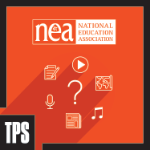 Inquiry with Primary Sources*
Inquiry with Primary Sources*
Competency: Educator uses inquiry to engage learners in analysis of primary sources to promote student empathy, foster understanding of multiple perspectives, deepen content knowledge, and enhance critical thinking skills.
Key Method: Educator curates relevant and appropriate primary source sets to develop and analyze an inquiry-based primary source learning activity.
View PDF | Access the Micro-credential
 Connecting Primary Sources & Technology for Formative Assessment
Connecting Primary Sources & Technology for Formative Assessment
Competency: Educator connects primary sources with technology for formative assessment to meet instructional goals and increase student engagement with course content.
Key Method: Educator creates or revises a lesson that uses technology for formative assessments of primary sources.
View PDF | Access the Micro-credential
 Connecting Primary Sources with Historic Places
Connecting Primary Sources with Historic Places
Competency: Educator connects primary sources with an historic place to meet instructional goals and increase student engagement with course content.
Key Method: Educator creates or revises a lesson that connects primary sources with a historic place to teach about an event, person, or landscape.
View PDF | Access the Micro-credential
 Culturally Relevant Pedagogy with Primary Sources
Culturally Relevant Pedagogy with Primary Sources
Competency: Educator uses primary sources and inquiry strategies to craft culturally relevant instruction.
Key Method: Educator develops and analyzes a lesson that incorporates the three tenets of culturally relevant pedagogy with primary sources
View PDF | Access the Micro-credential
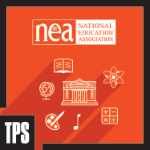 Multidisciplinary Civics with Primary Sources
Multidisciplinary Civics with Primary Sources
Competency: Educator uses inquiry learning with primary sources to enhance students’ civics knowledge, skills, and dispositions across one or more disciplines.
Key Method: Educator develops and analyzes a multidisciplinary civics lesson using inquiry and primary sources.
View PDF | Access the Micro-credential
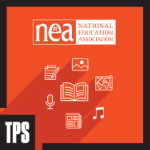 Pairing Primary Sources with Historical Picture Books
Pairing Primary Sources with Historical Picture Books
Competency: Educator uses an inquiry approach to learning that utilizes primary sources and an historical picture book.
Key Method: Educator develops and analyzes an inquiry-based lesson that pairs an historical picture book with a curated set of related primary sources.
View PDF | Access the Micro-credential
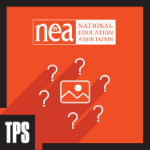 The Question Formulation Technique & Primary Sources
The Question Formulation Technique & Primary Sources
Competency: Educator uses the Question Formulation Technique (QFT) to engage learners in content by generating and analyzing questions about a primary source.
Key Method: Educator creates or revises a lesson using the QFT with a primary source, directly connecting students’ questions to the next steps of their learning.
View PDF | Access the Micro-credential
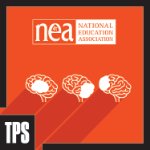 Universal Design for Learning with Primary Sources
Universal Design for Learning with Primary Sources
Competency: Educator uses UDL with primary sources to provide multiple means of engagement, representation of information, and opportunities for action and expression to increase universal accessibility of course content and skills.
Key Method: Educator customizes and augments a primary source learning activity by employing UDL principles to increase universal accessibility.
View PDF | Access the Micro-credential
* Educators with no foundational training in teaching inquiry with primary sources from the Library of Congress may find it helpful to begin with the Inquiry with Primary Sources micro-credential before proceeding to subsequent ones.